Testimony: “How will I continue my exams to get into university”
A Congolese student infected with the Ebola virus succeeds in taking his baccalaureate (high school diploma) exam.
A Congolese student infected with the Ebola virus succeeds in taking his baccalaureate (high school diploma) exam.
ALIMA (The Alliance for International Medical Action) was invited to speak at a special online event, hosted by the international
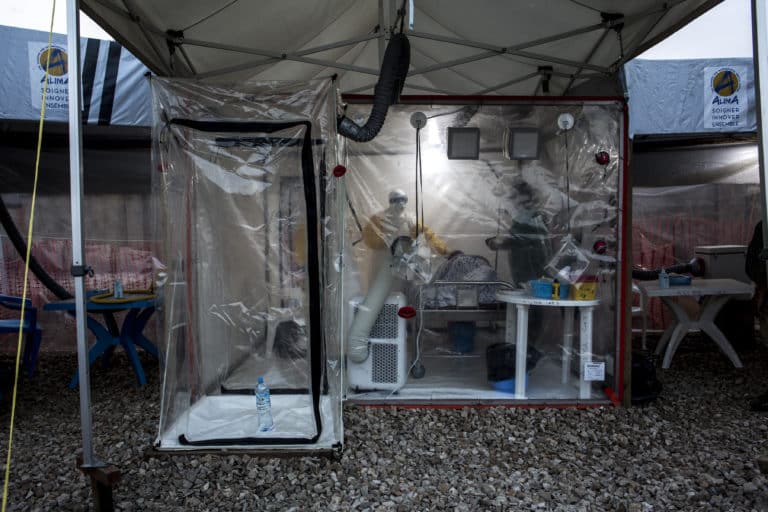
The Ebola outbreak has been ongoing in North Kivu and Ituri provinces of the Democratic Republic of the Congo (DRC)
While children continue to be among the worst-affected by the ongoing Ebola outbreak in the Democratic Republic of the Congo’s
Lessons learned during the 2014-2016 West Africa Ebola epidemic have led to a number of improvements in outbreak response efforts.
It has been nearly six months since an outbreak of Ebola was declared in the Democratic Republic of the Congo’s
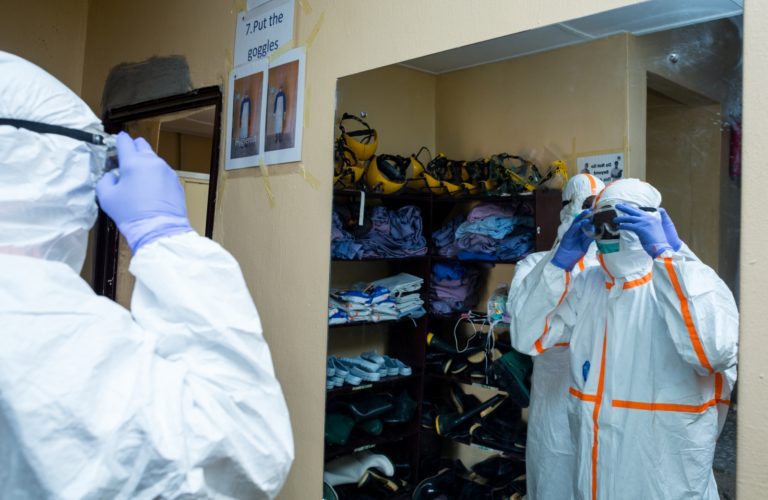
The medical NGO ALIMA (The Alliance for International Medical Action) is calling for urgent support, as the organization supports the
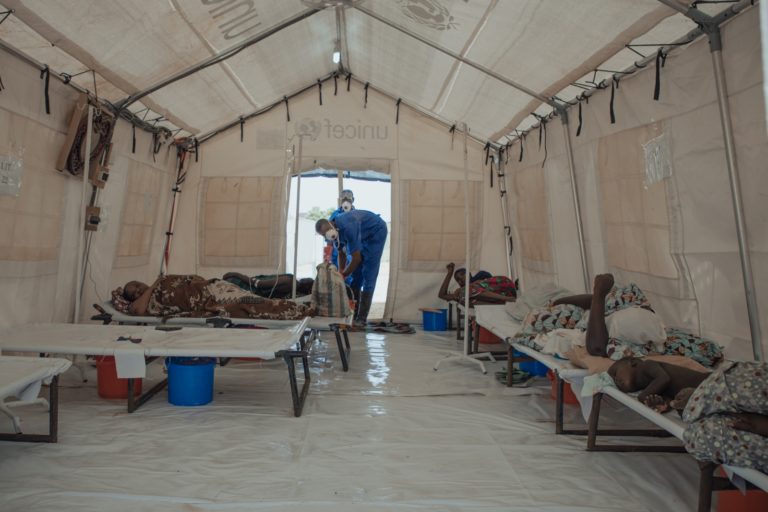
To respond to the recent cases of cholera in the Maradi region, in southern Niger, ALIMA has set up an
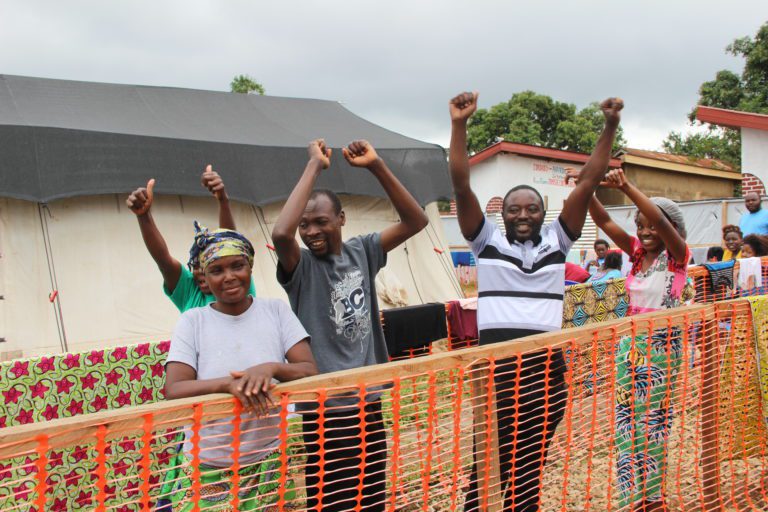
When caring for patients during an Ebola outbreak, medical treatment is not the only aspect of the care. Oléa Balayulu,
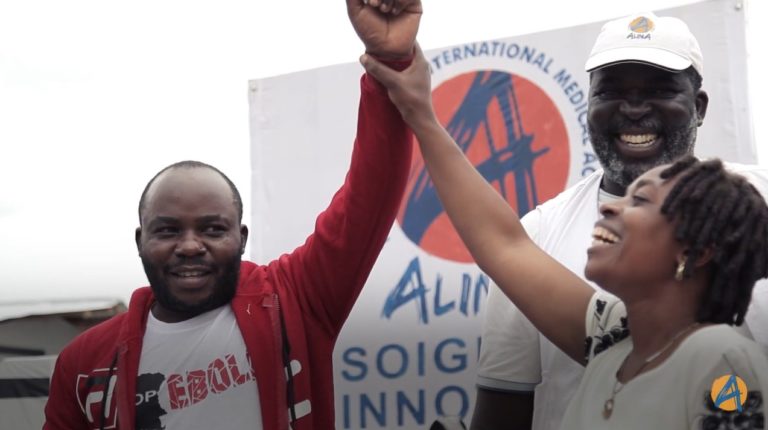
Since an outbreak of Ebola was declared on August 1, in the Democratic Republic of the Congo’s North Kivu and
We offer country-specific donation forms to give you access to local payment options and tax benefits.
Please wait while you are redirected to the right page...